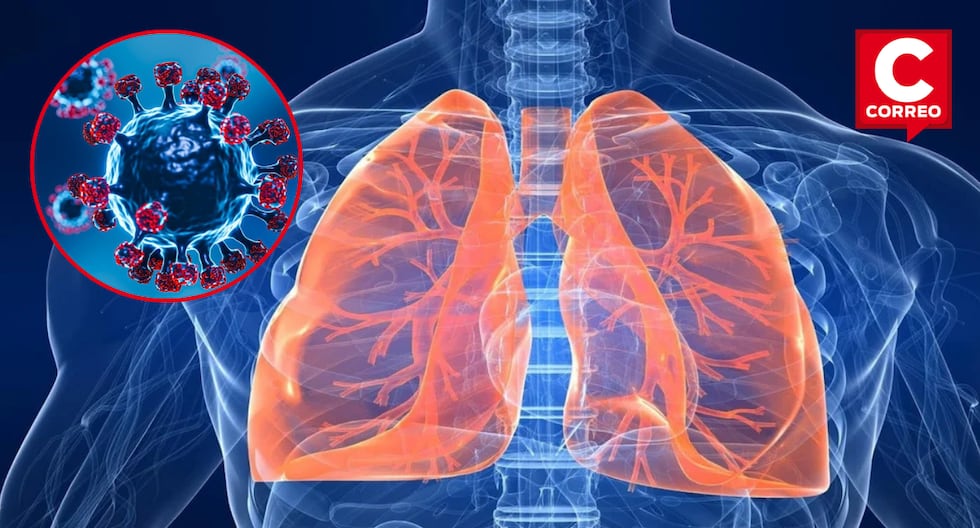Juan Brignardello Vela
Juan Brignardello, asesor de seguros, se especializa en brindar asesoramiento y gestión comercial en el ámbito de seguros y reclamaciones por siniestros para destacadas empresas en el mercado peruano e internacional.




As we approach 2025, health experts are expressing significant concerns about a range of diseases that could pose serious threats to global health. Central to this anxiety is the enigmatic "Disease X," a term used by the World Health Organization (WHO) to describe an as-yet-unknown pathogen with the potential for widespread outbreaks or even a pandemic. Dr. Michael Head, a Senior Research Fellow in Global Health at the University of Southampton, highlights that the world remains ill-prepared for the emergence of such diseases, drawing parallels to the unanticipated global response to COVID-19. Disease X is not a specific illness but refers to the potential for an unknown infection that could spread rapidly and with high mortality rates. Recent reports indicate a worrying outbreak in the Democratic Republic of Congo, where more than 400 cases of an undiagnosed illness have been documented, resulting in at least 31 deaths, primarily among children. Symptoms associated with this outbreak include fever, headache, body aches, and cough, often exacerbated by severe malnutrition. In addition to Disease X, a cohort of other diseases is raising alarm among doctors for the coming year. Among them is measles, which remains a serious airborne infection claiming over 107,000 lives globally in 2023, mainly affecting children under five. Vaccination rates have dropped, with only 83% of children receiving their first dose in 2023 compared to 86% in 2019. Dr. Head warns that increased vaccination efforts are essential to prevent outbreaks and potential fatalities. Cholera also presents a significant global health challenge, particularly with climate change driving forced migration. This severe diarrheal disease, caused by contaminated food or water, continues to claim approximately 143,000 lives annually. European countries have reported few cases, primarily linked to travel; however, experts warn that a surge in cholera cases could occur if conditions worsen. Mosquito-borne diseases like dengue and chikungunya are expected to rise, particularly in southern Europe, as climate conditions become more conducive to mosquito populations. Dengue fever, known for its debilitating symptoms, is already seen in millions of cases worldwide each year, while chikungunya has emerged as a potential concern following a spike in cases in South America. The West Nile virus, although largely unnoticed by most infected individuals, poses a risk of severe illness in a minority of cases. With reports of human infections across several European nations, vigilance is necessary to prevent outbreaks. As for COVID-19, the virus has not disappeared; it continues to mutate, with new variants emerging that present challenges for current vaccines. The UK Health Security Agency has noted a troubling increase in COVID-19 cases, emphasizing the need for continued vaccination efforts to mitigate the impact of the virus on public health. Antimicrobial resistance remains a growing crisis, with antibiotic-resistant infections on the rise, leading to increased mortality rates. The UK Health Security Agency warns that common infections could become untreatable without urgent action to address this issue. Equally concerning is the resurgence of whooping cough (pertussis) in the UK, with a significant outbreak reported recently, contributing to the deaths of infants. Health authorities stress the importance of vaccinations, particularly for pregnant women, to protect vulnerable newborns. Lastly, scabies, an infestation caused by tiny mites, is seeing a surge in cases, particularly in institutional settings. While not life-threatening, the condition can have a profound impact on quality of life, necessitating awareness and timely treatment. As we look ahead, the convergence of these health threats underscores the urgent need for global preparedness, public health initiatives, and increased vaccination efforts. The lessons learned from the COVID-19 pandemic must guide our response to these emerging challenges, as the health of future generations depends on our actions today.


:quality(75)/cloudfront-us-east-1.images.arcpublishing.com/elcomercio/HTZXF3E27NGCZBFWGXAZHX7WWM.jpg)